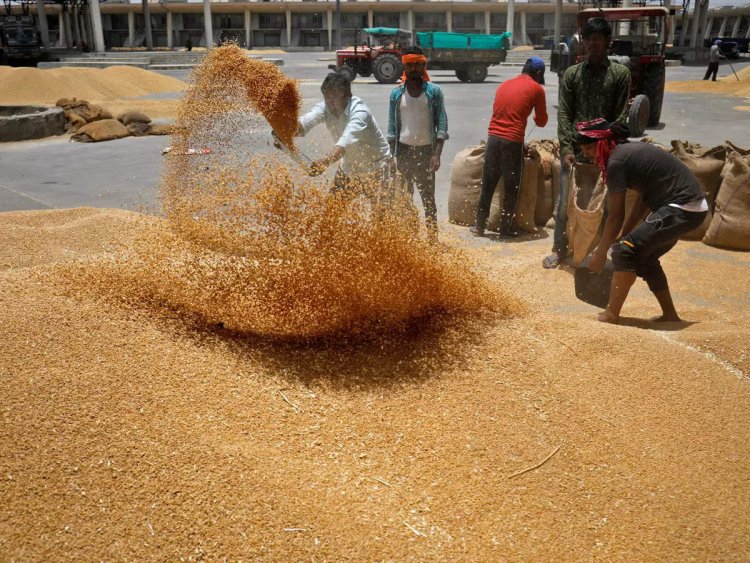Sudden Export Bans Hurt India Globally
STORIES, ANALYSES, EXPERT VIEWS

India’s prestige and reputation of a reasonably steadfast and reliable global economic power over the years, is at stake. Some recent trade-related decisions by the government of India, according to TCA Sharad Raghavan (Economy Editor at ThePrint) “are eroding this trust.
“The problem with these decisions isn’t so much in their substance but in how they were implemented—with a suddenness that has become the hallmark of the Narendra Modi government’s management style. Domestically, these sudden changes have been marketed as decisiveness on the part of the Prime Minister and his government, but internationally, they come off as unreliability.”
Banning export of rice
In September 2022, the government effectively banned the export of broken rice and in July this year, it extended this ban to all non-Basmati white rice. The ban was to contain inflation in food grains ‘and ensure adequate availability of non-basmati white rice in the Indian market’.
With an overnight ban on Indian exports, Raghavan states “the government suddenly deprived the world of about 40 per cent of the rice available to world markets……” It was only at the end of August 2023 that the government allowed the export of non-basmati white rice to Singapore, Bhutan, and Mauritius — all three of which are heavily dependent on Indian rice.
However, the export ban again cast India in a poor light.
Banning import of laptops, servers, personal computers
In early August this year, the government again—with an “unsettling suddenness”—banned the import of laptops, servers, personal computers, and some other electronics unless the companies doing the importing obtained a particular licence from the government. This effectively meant that several companies such as Apple were left high and dry because many of their models are not being assembled within the country at the moment.
The government belatedly extended the window in which imports would be allowed until companies managed to get the licence, but this only reinforced the feeling of uncertainty among companies.
The reasons the government gave for the import restriction, writes Raghavan “had to do with internal security and ensuring trusted supply chains. The actual upshot was that the revamped Production-Linked Incentive scheme for IT hardware saw a surge in demand.
“….Using trade barriers as a tool to push companies to invest in India—which is effectively choosing the stick over the carrot—isn’t likely to go down well with companies looking to invest.”
Oil from Russia
Even India’s handling of its oil supplies in the wake of the Russia-Ukraine war “has called into question its reputation as a country with a moral high ground. Yes, importing lots of relatively cheap Russian oil is good for India, but also attracts allegations of war profiteering, a distinctly unsavoury reputation to have.”
















